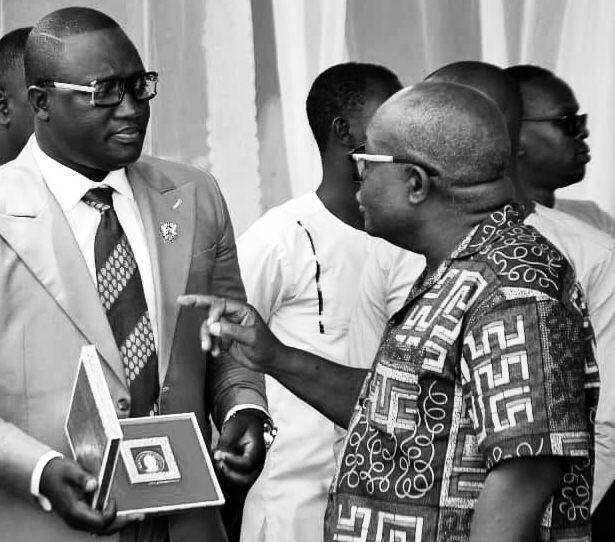Nana kweku ofori Atta
Security consultant
In the journey towards a more robust democracy, empowering vital governmental institutions emerges as a critical imperative. Recent advocacy for granting autonomy to pivotal bodies such as the Electoral Commission (EC), the Police Service, the Auditor General’s Office, and the Economic and Organized Crime Office (EOCO) underscores the nation’s commitment to fostering a fair, just, and accountable society.
Elevating Trust Through Autonomy
Central to the democratic fabric is the assurance of free and fair elections. The call for autonomy for the Electoral Commission transcends mere administrative restructuring; it symbolizes a steadfast dedication to preserving the integrity of the electoral process. By insulating the EC from external influences, be they political or otherwise, Ghana can instill confidence in its citizens, assuring them that their votes are sacred and their voices are heard.
Likewise, the autonomy of the Police Service is indispensable in ensuring equitable justice for all. Liberating the police from undue political pressures and vested interests empowers them to uphold the law impartially, fostering a society where every individual is treated fairly and afforded the protection they deserve under the law.
Fostering Accountability and Oversight
In the quest for good governance, oversight bodies like the Auditor General’s Office and EOCO play pivotal roles. These institutions serve as bulwarks against corruption and malfeasance within the public sector. However, their efficacy hinges on their ability to operate independently, shielded from external influences.
Granting autonomy to the Auditor General’s Office reinforces the principles of transparency and accountability in the management of public funds. Similarly, endowing EOCO with the authority to investigate and prosecute corruption without fear or favor is essential in upholding the rule of law and combating graft at all levels of government.
Paving the Path to Progress
To enact these reforms effectively, it is imperative to begin with the legislature and amend the constitution accordingly. Establishing these reforms through legal frameworks ensures their permanence and legitimacy. By enshrining these principles in law, Ghana can lay a solid foundation for democratic governance, setting a precedent for future generations.
As the nation charts its course, it must remain steadfast in its commitment to fortifying the foundations of democracy. By empowering critical institutions, Ghana reaffirms its dedication to creating a future characterized by transparency, accountability, and justice for all its citizens. In doing so, Ghana emerges as a beacon of democracy and governance excellence on the global stage.























